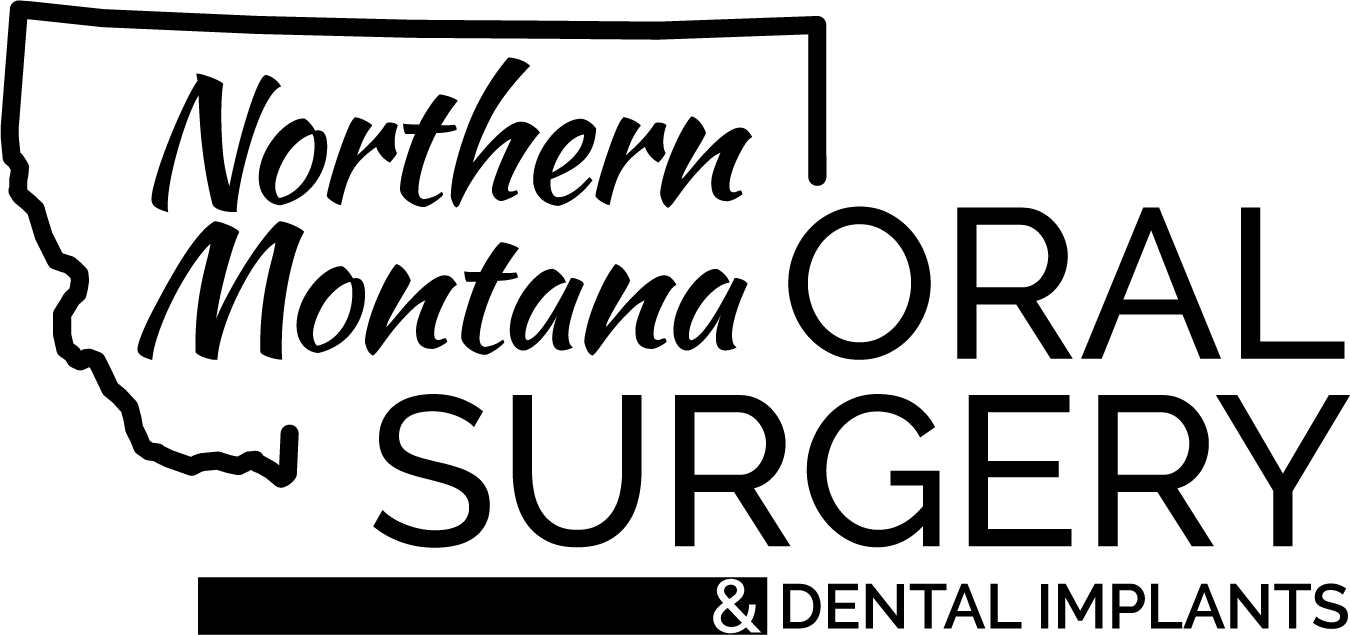Facial Reconstruction/Trauma/TMJ Surgery
POST-OP
INSTRUCTIONS:
Trauma TMJ Surgery & Facial Reconstruction
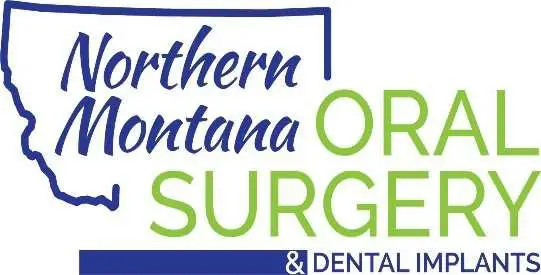
Our phone number is (406) 727-4322
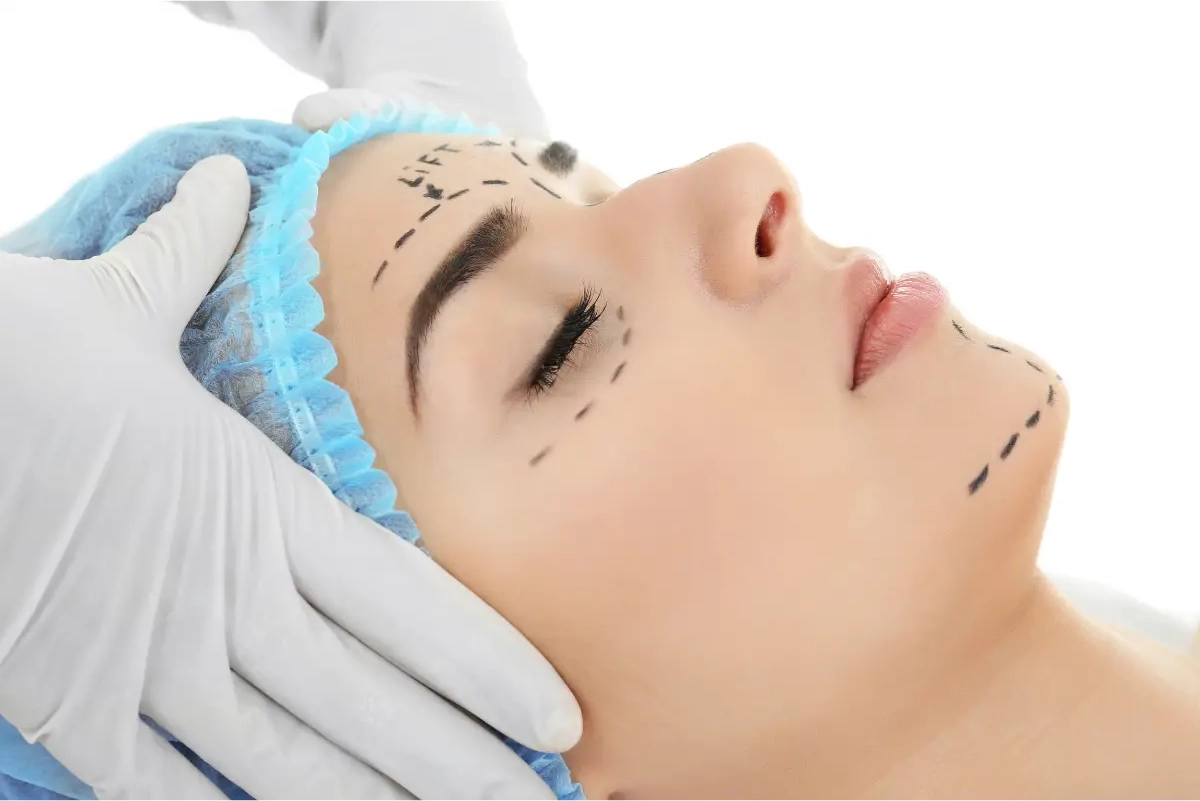
We want your recovery to be as smooth and pleasant as possible. Following these instructions will help you. If you have questions about your progress, please call our office at the number above. Calling the office can eliminate additional expenses of going to the Emergency Department or seeing another doctor. We have a doctor and assistant available 24 hours a day 7 days a week to answer calls. Do not hesitate to call in case of an emergency. However, for routine questions (including setting follow-up appointments), please call during business hours.
DO NOT DRIVE OR OPERATE MACHINERY FOR 24 HOURS AFTER ANESTHESIA OR AS LONG AS YOU ARE TAKING PRESCRIPTION NARCOTIC MEDICATION
BLEEDING
- If you have gauze in your mouth, bite gently on original gauze packs for one hour.
- If you replace gauze packs, moisten the new packs slightly before placing them.
- Do not chew on the gauze packs or “check” them frequently.
- Each pack should be left in place for at least 30 minutes.
- Oozing from the sites to a small degree is normal during the first 48 hours.
- We recommend placing an old towel on your pillow for the first night as you may drool blood while you sleep if you have wounds in your mouth.
- Persistent bleeding may be treated by applying pressure or sipping slowly on ice
- Call the office if you feel the bleeding is severe, uncomfortable, or if it does not respond to the above.
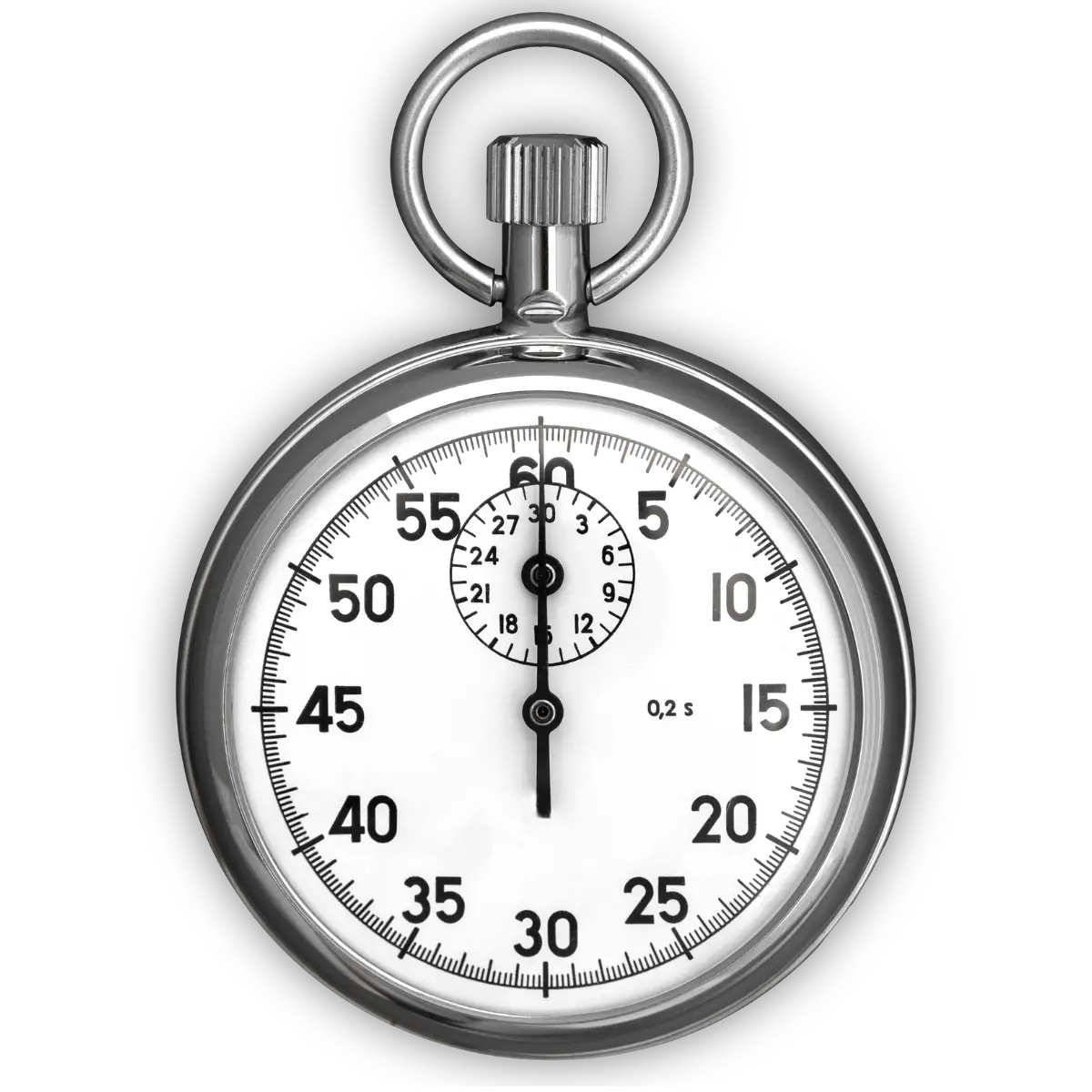
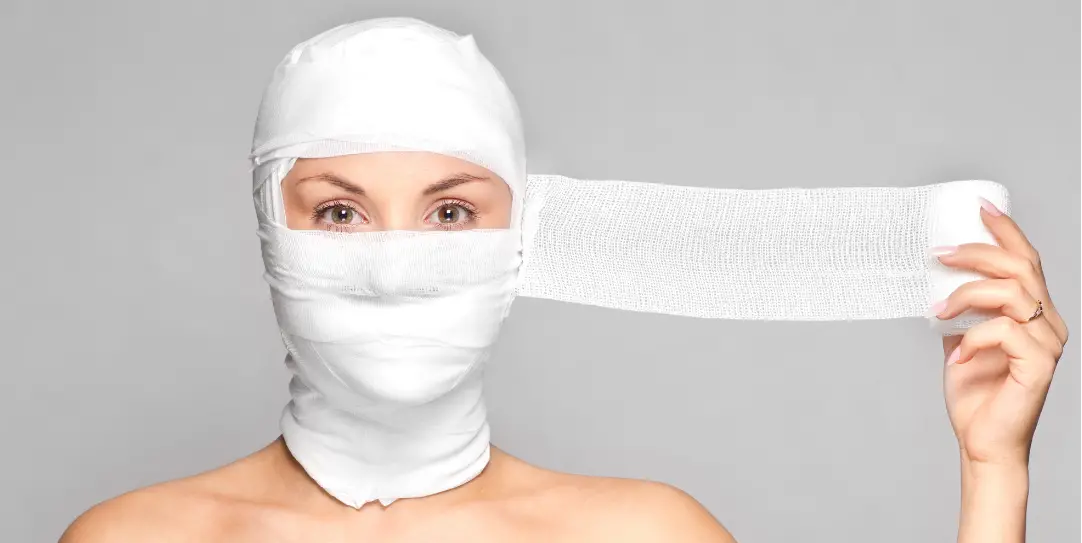
- Bleeding through skin bandages is very rare. Please let us know if the skin wounds bleed heavily.
- If you were given a head wrap, please leave it in place for 48 hours. You may remove it only to take care of your wounds as described below. Replace it so it has a snug fit each time. This helps with bleeding and swelling
PAIN
- We recommend using over-the-counter medications as much as possible.
- You may want to set a timer to stay on top of administering your pain medication for the first few days, so you do not get behind:
- For sustained pain relief, alternate between acetaminophen (Tylenol®) and ibuprofen (Advil®, Motrin®, etc.) if you can take these medications. (For adults, 500 mg acetaminophen, 2 hours later 400 mg ibuprofen, 2 hours later acetaminophen, etc.)
- OR – For maximum pain relief at one time, take both acetaminophen (500 mg) and ibuprofen (400 mg) at the same time, then wait 4 hours for the next dose.
- For children, dosing recommendations can be found on the bottle

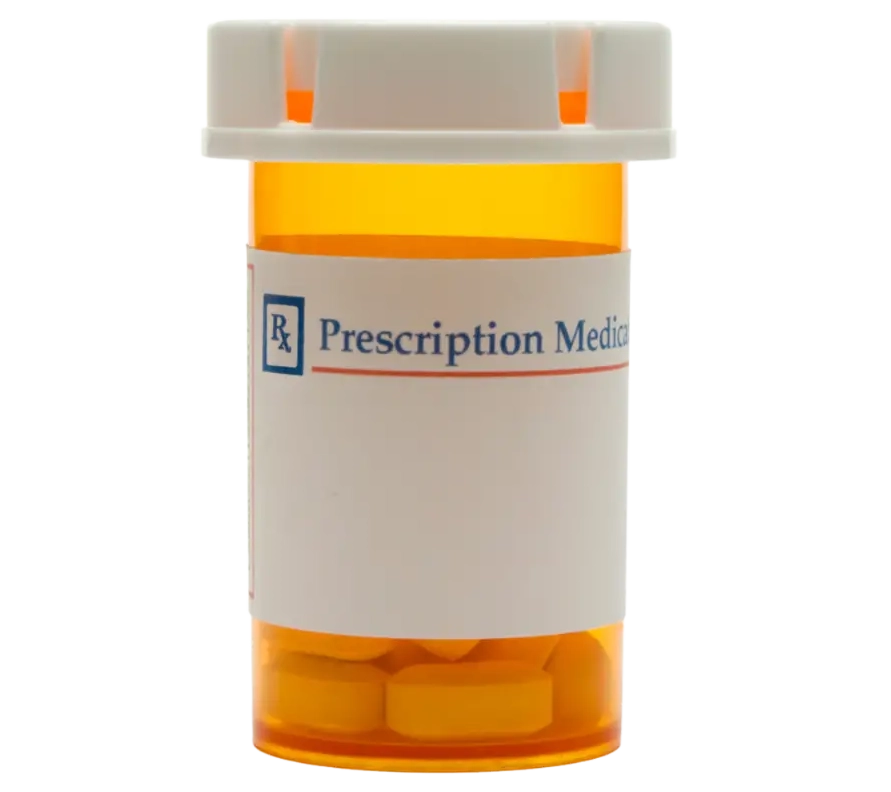
ORAL CARE
- If your surgery was not in the mouth, please take care of your teeth like normal.
- If you have wounds in your mouth, follow these guidelines:
- It is OK to gently brush your teeth right away. Take care to avoid disturbing the surgical area.
- If you have braces or arch bars, you may place a small dollop of wax on the sharpest part. Do not place large chunks of wax in your mouth—it makes it hard to brush your teeth and keep food out.
- Do NOT probe or otherwise disturb the surgical site.
- Beginning the day after surgery, gently rinse your mouth with mild salt water (½ tsp. salt and ½ tsp. baking soda per cup of water) several times a day and continue for two weeks following surgery.
- If prescription mouth rinse was provided, be gentle and follow the instructions on the bottle.
- Do NOT rinse your mouth with hydrogen peroxide.
- Leave stitches alone.
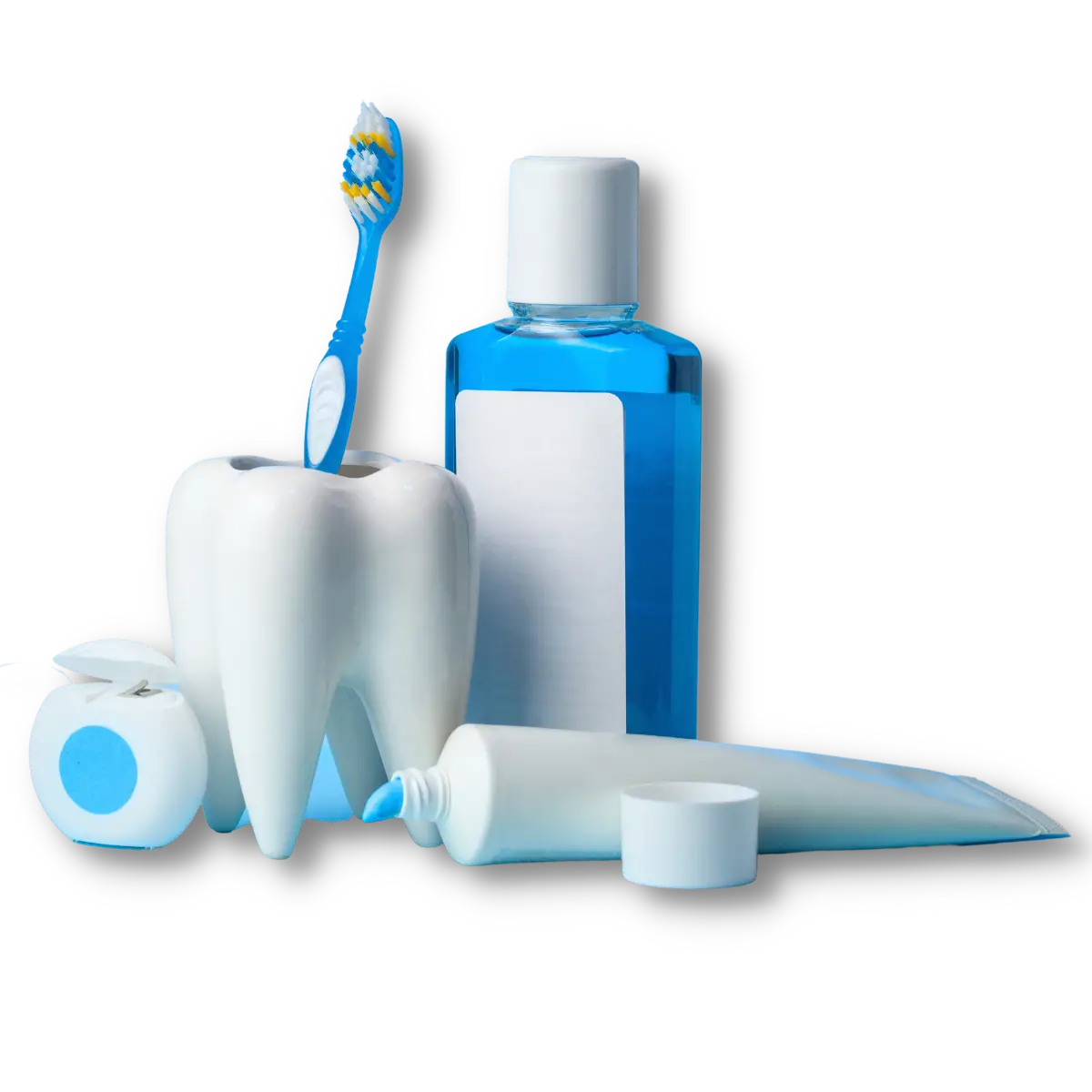
SMOKING
- Do NOT vape or smoke tobacco or marijuana after oral surgery. Smoke and vaping vapor contain damaging chemicals that will increase the risk of pain and infection and will delay the healing process leading to higher risks of complications.
- The longer you can avoid smoking after surgery, the better.
- Patients who smoke tend to have pain that lasts longer than non- smokers.
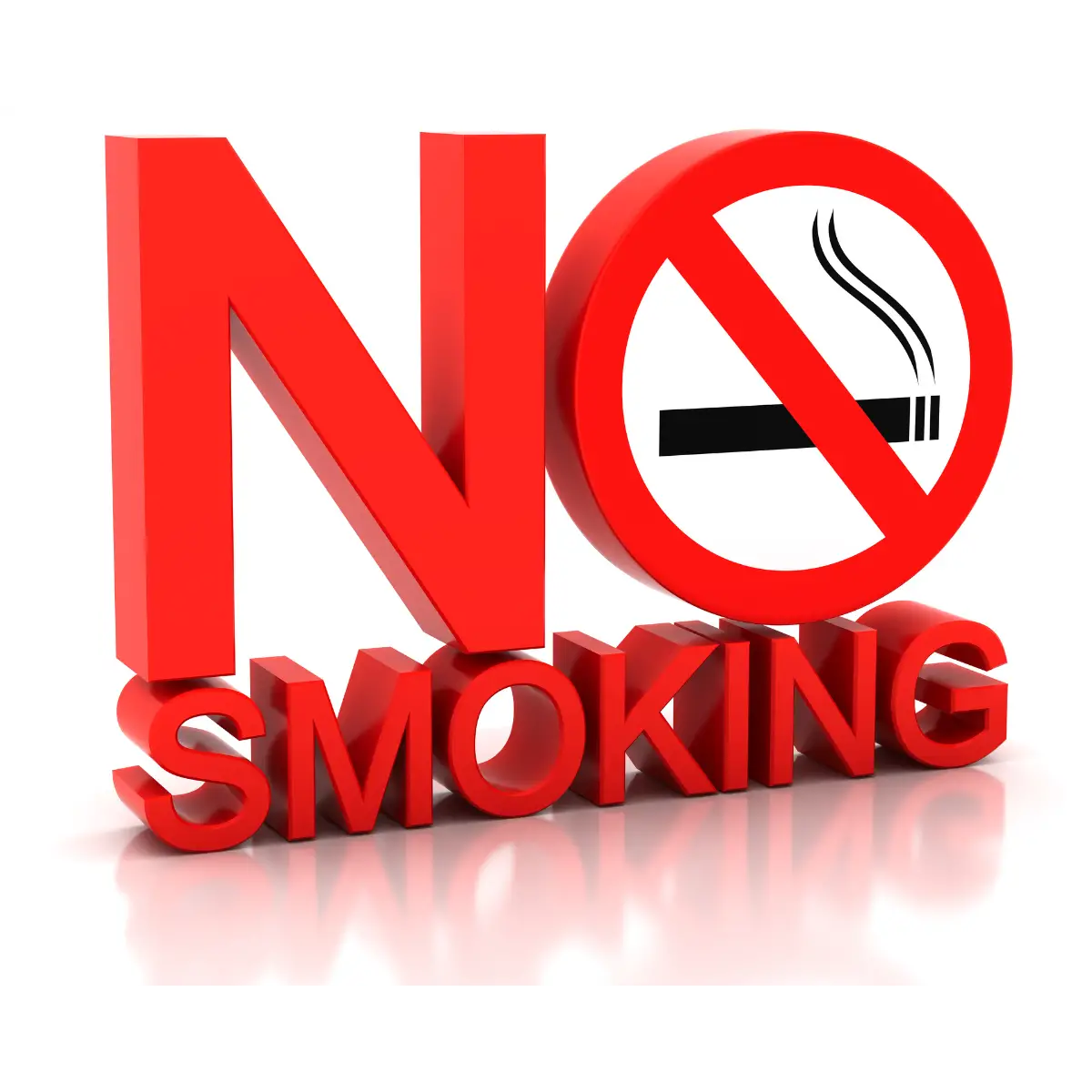
SWELLING
- Swelling peaks 48-72 hours (2-3 days) after surgery. It then takes time to resolve.
- Ice packs help reduce swelling. A pattern of 20 minutes on and then 20 minutes off is helpful for the first 48 hours.
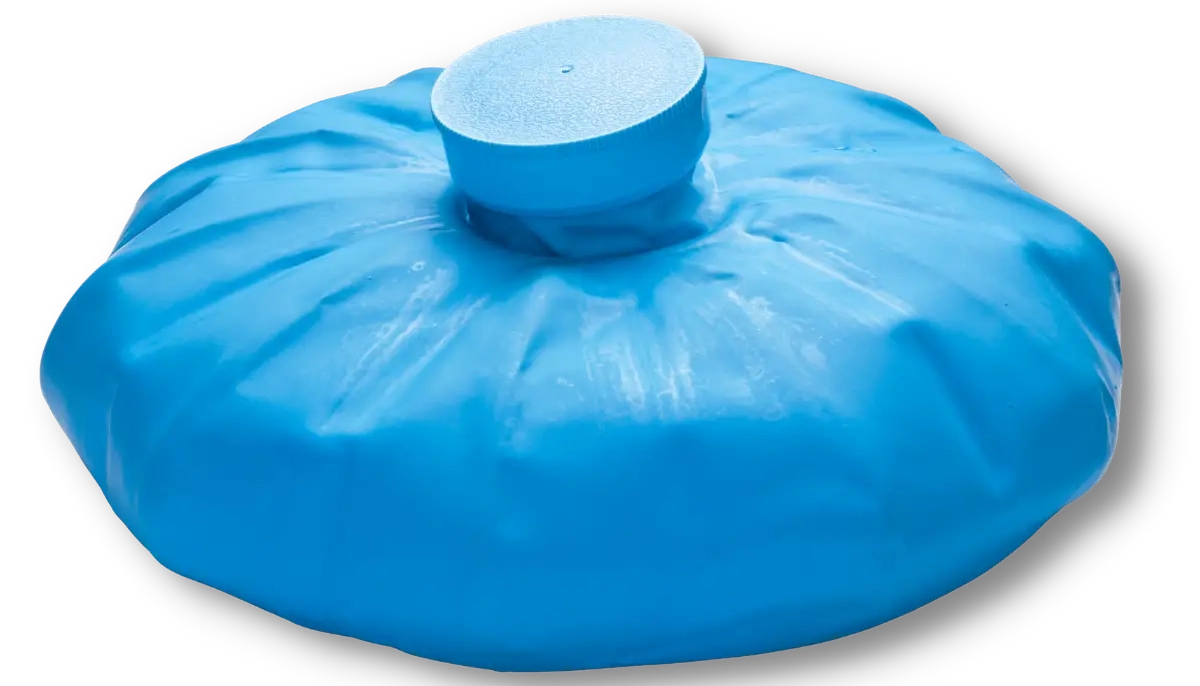
- Ice directly on the skin can be uncomfortable. Place a cloth between the ice and your skin unless you have ice packs designed to touch the skin.
- After 48 hours switch to a heating pad over the cheeks, following the same 20-minute rotation schedule.
- Keep your head elevated 30° to 45° for at least one week after surgery.
- If swelling returns after it has already resolved, please call the office.
GENERAL HEALTH
- Do not stand up quickly during the first 24 hours after surgery – you may faint.
- You should have assistance when you go to the bathroom.
- It is common to run a low-grade fever during the first 48 hours after surgery and anesthesia.
- Most regular prescription medications can be continued after surgery. If you’re not sure, please ask.
SLEEP APNEA
- Unless directed otherwise, you may use your CPAP machine.
- Patients who are taking narcotic pain medication MUST use their CPAP machine anytime they might fall asleep, unless specifically directed otherwise. You are more likely to have life-threatening apnea initially after anesthesia and while under the influence of narcotic pain medication.
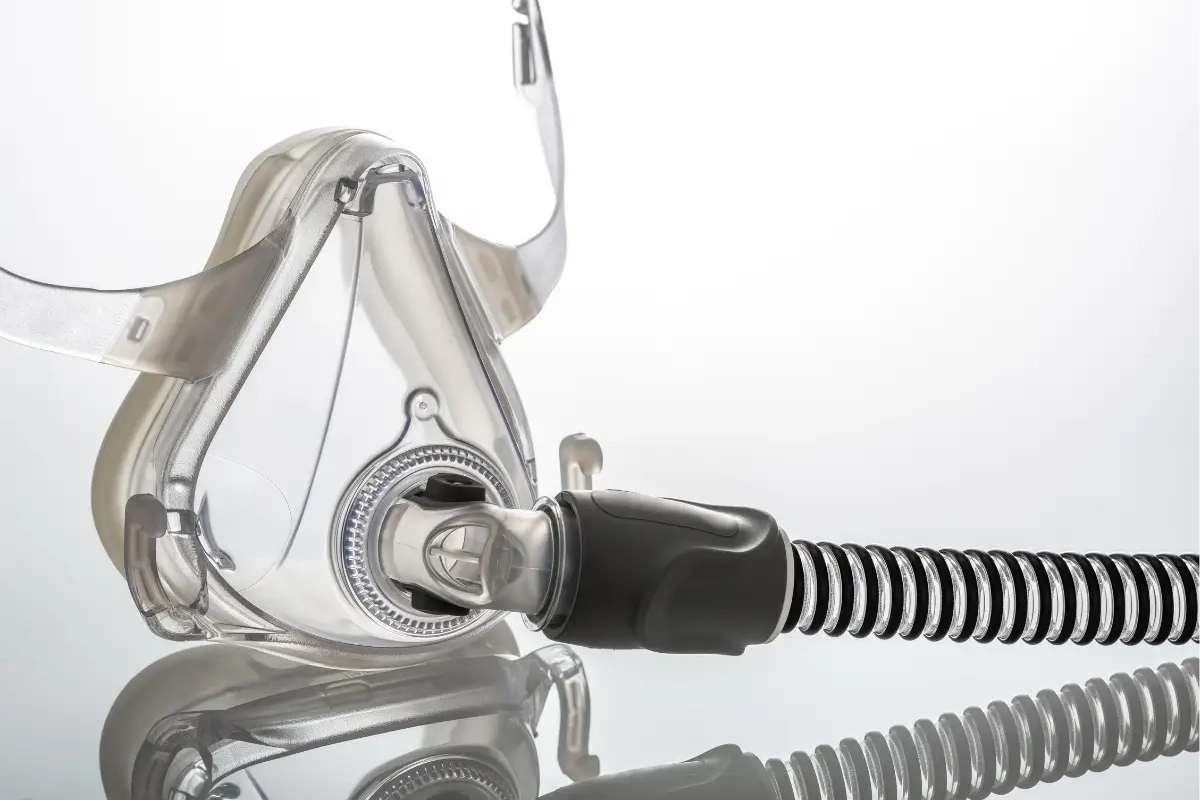
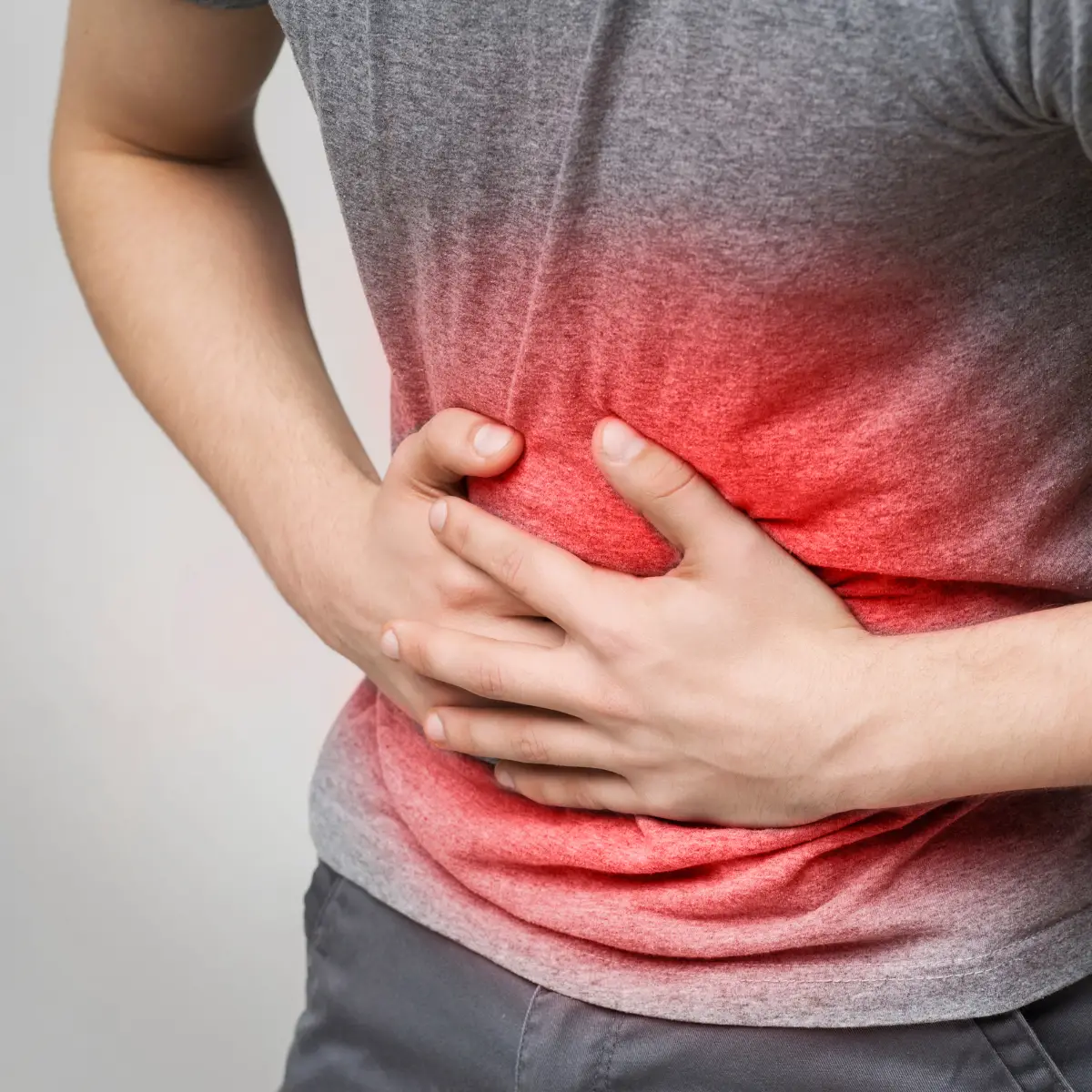
NAUSEA
- Sometimes pain medication causes nausea. Nausea can be reduced by eating a small amount of food before each pain pill and taking the pill with a large volume of water.
- Ginger ale, Dramamine®, and Benadryl® may help with nausea.
- A prescription for anti-nausea medication can be issued on request.
- Be aware that almost all anti-nausea medicines cause drowsiness.
- Throwing up after jaw surgery can be from blood that settles in the stomach. It can also cause more bleeding, which lands in the stomach and repeats the whole process again. Please don’t wait until you’re miserable before asking for medication. Sometimes we must admit you to the hospital for IV fluids if you are too dehydrated.
DIET
- Avoid carbonated drinks, alcohol, citrus juices, coffee, and any extremely hot food or drinks for 48 hours (about 2 days) after your surgery.
- Start with foods that are cool and soft during the first 48 hours after surgery.
- After 48 hours you may gradually increase your diet to more firm food based on comfort.
- If you had surgery in your mouth, for 3-4 weeks afterwards it is best to avoid foods like nuts, sunflower seeds, popcorn, etc., which may get lodged in the surgical site.
- Do NOT skip meals. This will slow the healing process. Protein in your diet helps with healing.

- If you have diabetes, maintain your normal eating habits, or follow instructions given by your doctor. Check your blood sugar regularly. Ideally, your blood sugar should stay below 250.
- If you were told to follow a liquid diet for an extended period, you are allowed to eat whatever can go through a straw. If you are having a hard time with your diet through a straw, a special feeding apparatus can be made using a syringe and a tube. This is most successful when the patient is the person handling the syringe, so they don’t choke.
- If you’re not able to maintain your diet, you may have to be admitted to the hospital and a feeding tube placed. Poor healing and bad outcomes happen when people don’t get good nutrition and protein.
HEALING
- Almost every stitch we place in the mouth dissolves. They may take 2 days to 3 weeks to dissolve.
- Stitches or staples on the skin often must be removed in the clinic 1-2 weeks after surgery.
- If your mouth doesn’t open very wide after surgery (and you don’t have limitations like rubber bands), you may stretch your mouth open with either your fingers or tongue depressors (popsicle sticks) if they were provided for you. This is most successful if you apply moist heat over the area for 20 minutes, massage the area, then work on stretching.
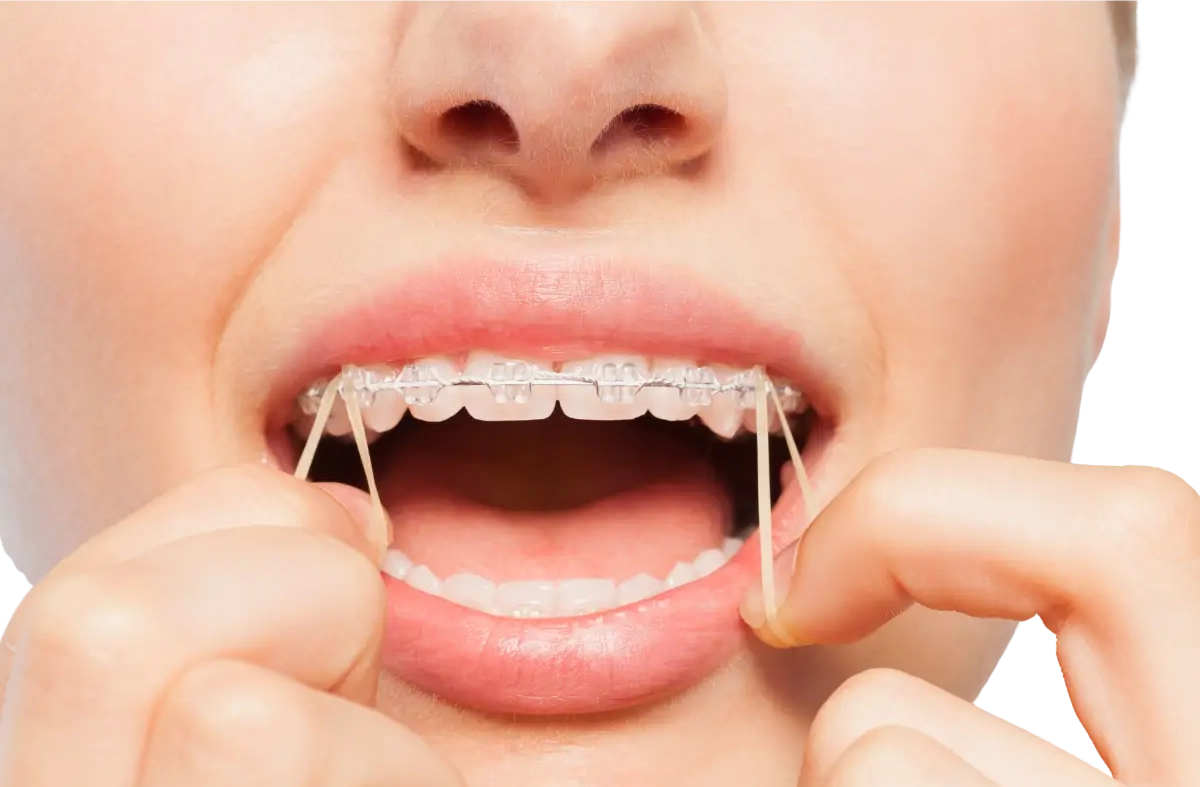
- If you have rubber bands holding your jaw closed, please replace each rubber band as it breaks. It is a good idea to get a picture of how the rubber bands were placed by your surgeon before they start breaking. The best way to place a rubber band is to hold it between your thumb and index finger
- At least twice a day moisten a wet Q-tip, then clean off any scab that has formed on the skin over stitches/staples. The goal is to leave just the skin and stitches without crusting.
- After cleaning the wound, place an antibiotic ointment on the wound and cover with a bandage.
- After 1 week of this regimen, change from antibiotic ointment to Vaseline® to keep the scar moist.
SKIN WOUND CARE
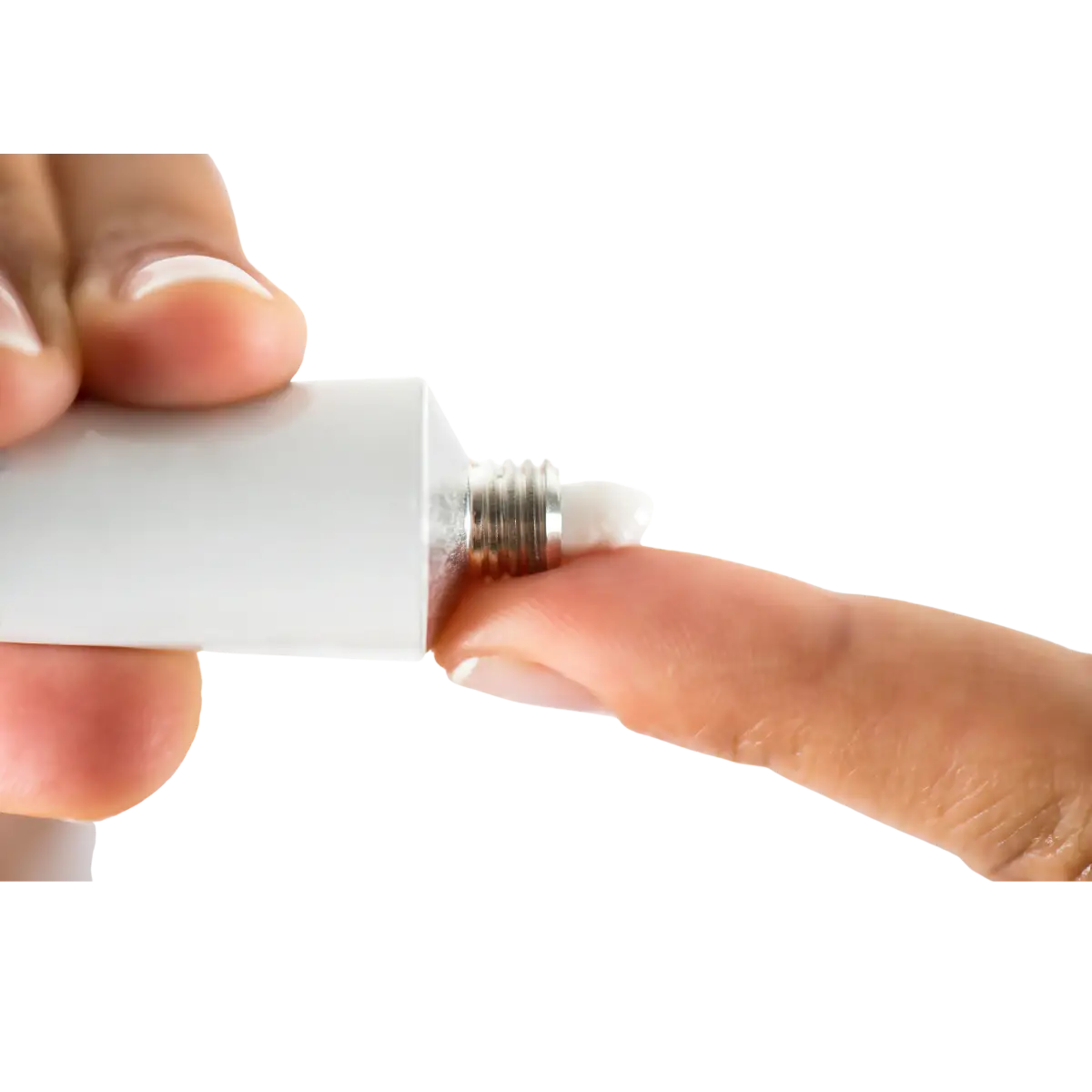
- After 2 weeks, massage the surgery site to break up scar tissue. Warm compresses can help.
- Silicone bandage strips (available at most drug stores) can help keep scars moist. If worn for several weeks, can enhance the healing of a wound into a less-noticeable scar.
- Vitamin E oil or lotion can help smooth out scar tissue when rubbed on the wound. This can be applied starting after the 2nd week when the Vaseline® is done.
- If you have Steri-Strips® covering your wound, there is no wound care until they fall off. Then start the above process based on how far away from surgery you are.
- Avoid getting your skin wounds wet for at least 1 week after surgery. Some people use duct tape and plastic bags to isolate their wounds while showering. Other people prefer sponge baths.
- Skin scars can permanently stain a dark color when exposed to UV light.
- Avoid sun exposure for 1 year (yes, you read that right!). High-powered SPF (greater than SPF 30), broad-brimmed hats, and general sun avoidance is best.
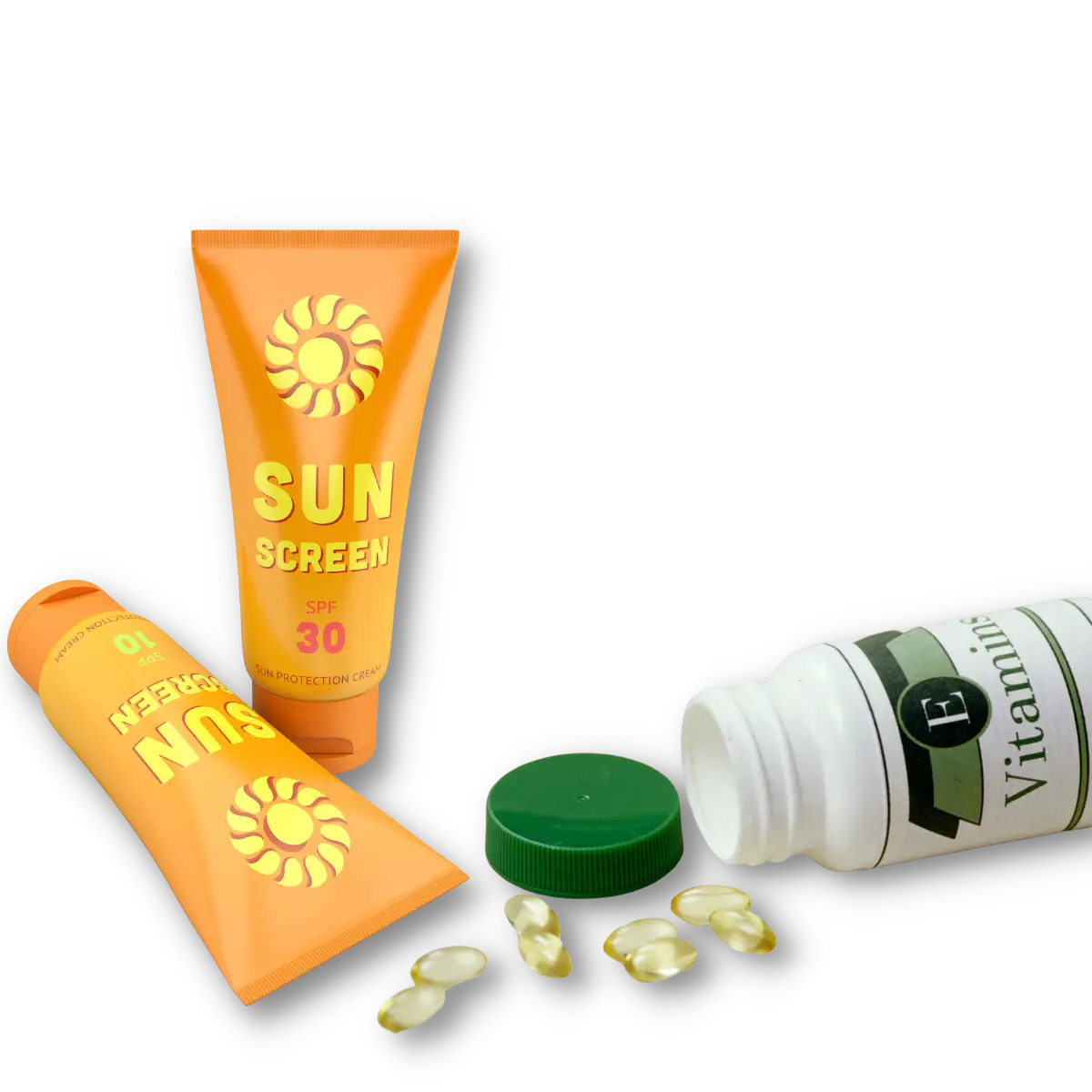
NASAL PROCEDURES
- If you have a splint on your nose, try to keep it in place for 2 weeks. They fall off easily.
- Try to anticipate bumps on the nose from a pet, a child, or a cupboard door.
- The splints inside the nose are stitched in place.
- Holding gauze under the nose may help catch bleeding.
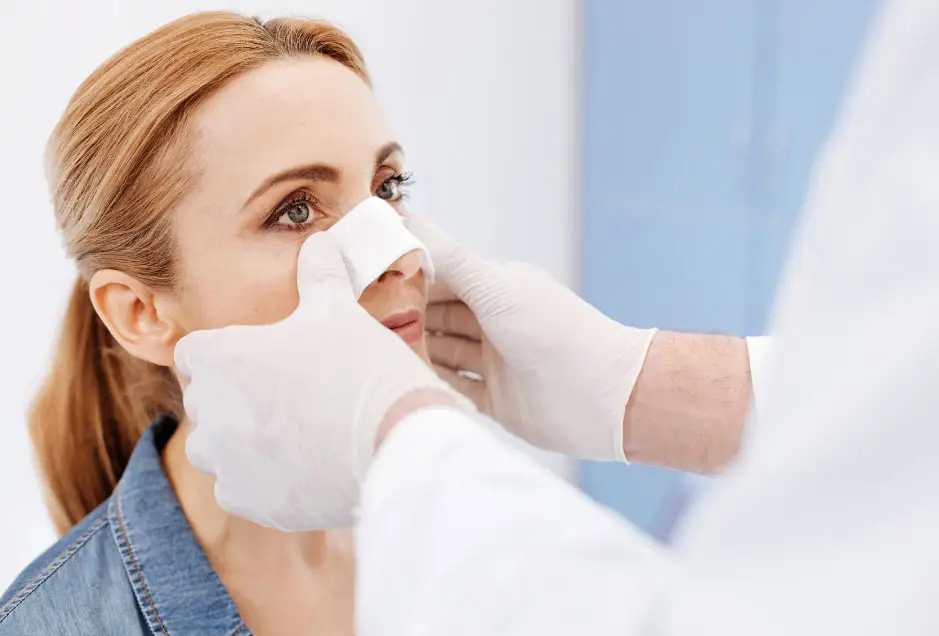
EYE PROCEDURES
- Eye socket repairs have a risk of vision loss. Call us immediately if you have changes in your vision.
- Sometimes we must stitch an eyelid closed to help with healing. This stitch will be removed in the clinic.
NERVE DAMAGE
- Nerves that help move and feel your face may be affected during your surgery.
- Nerves can take months to years to heal.
- If you cannot close your eyes, please call us immediately for instructions. Otherwise, we wait and see how the nerves heal over time.
SINUS PRECAUTIONS
- If you were told to follow Sinus Precautions, please adhere to the following:
- No blowing your nose. Use a nasal spray to flush your nose instead.
- No sucking on a straw.
- Do no strain at a bowel movement (get a stool softener, if needed).
- If you sneeze, don’t hold back. Sneeze with your mouth open.
- Avoid doing anything that will make a difference in pressure between your mouth and your nose.
- Usually there is a follow-up appointment set. However, often, if you’re doing well, this can be handled over the phone. Please call the day of that appointment to see if you need to come in and be seen.

EXERCISING
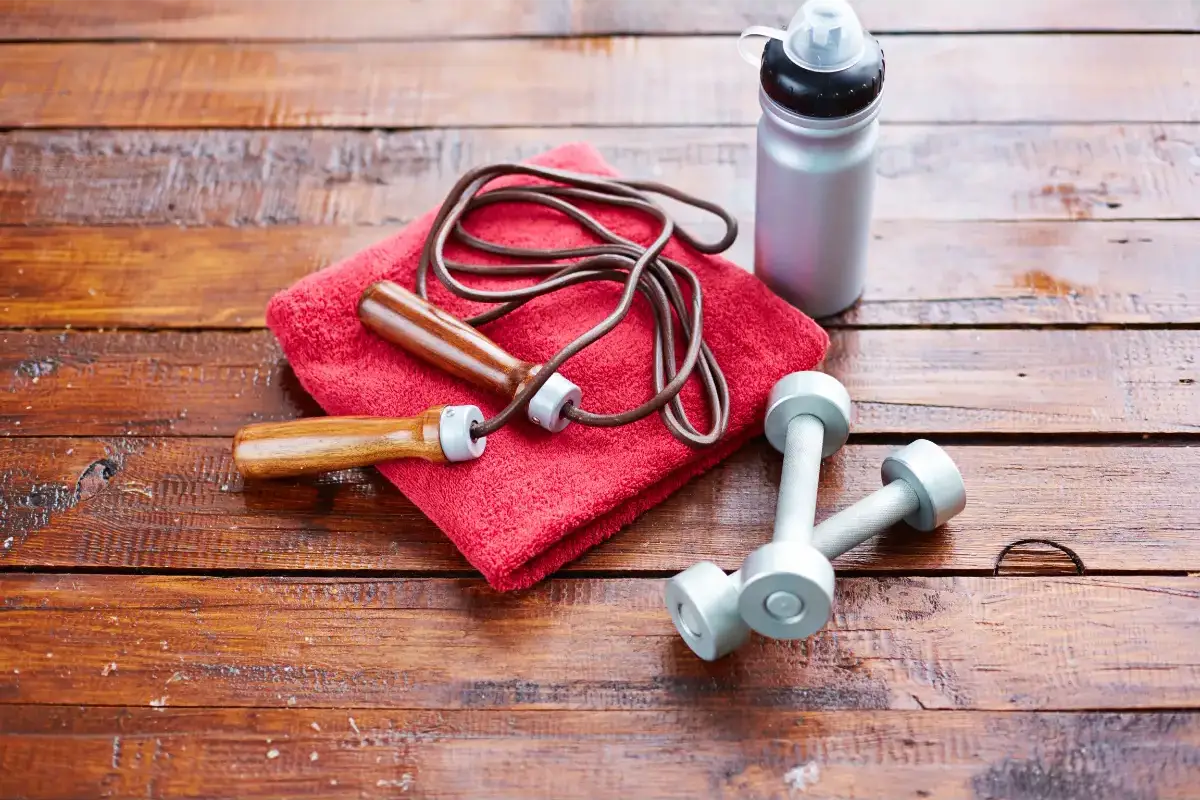
- When you start exercising is up to you.
- Exercise causes an increase in heart rate and blood pressure, which can lead to more bleeding from the site.
- If you are taking narcotic pain medication or are within 24 hours from being sedated, you should not exercise.
- Aerobic exercise with endurance training in mind may be more comfortable. However, people often feel throbbing. This is fine if it goes away when you are done working out.
- Avoid lifting anything over 10 pounds.
Our Locations
- MON - THU7:30 am - 5:00 pm
- FRI6:30 am - 1:00 pm
- SAT - SUNClosed
- MONClosed
- TUE8:30 am - 3:30 pm
- WED - SUNClosed
